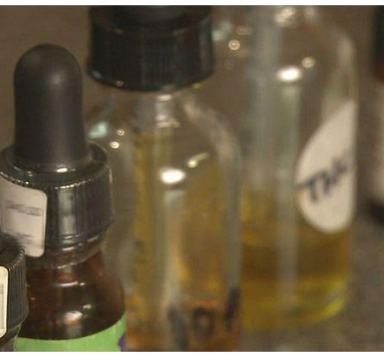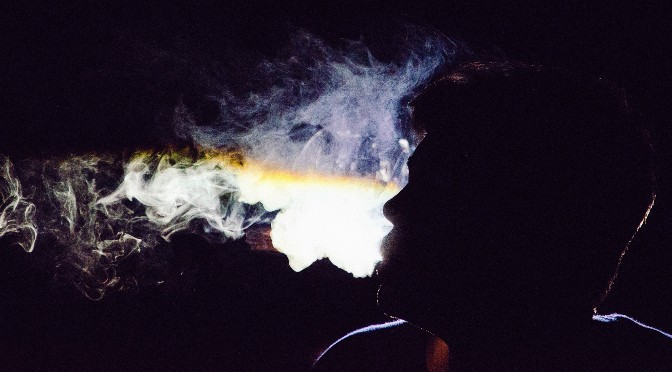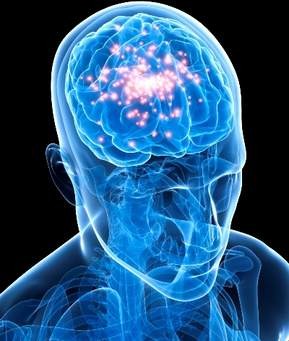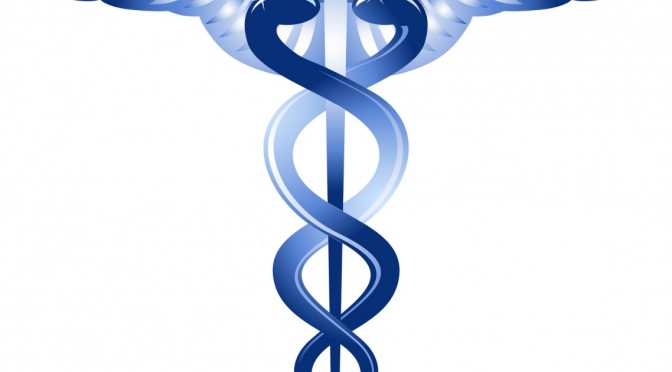Don’t Mislead About CBD for Epilepsy
(First of 2 articles on deceptive practices of the marijuana lobby/industry) Doesn’t the public have a right to know that children a so called”life-saving” product doesn’t always work.?
CBD, a cannabinoid used for seizures that is derived from marijuana, doesn’t always save children’s lives. The TRUTH is that help from CBD oils is sometimes temporary. There’s definitely a “dark side” to this “miracle” cure.
Informing parents that children can die after using the non-pharmaceutical CBD is not suggesting that the CBD kills; it is merely suggesting that to call it “life-saving” is misleading. Parents who have watched their children suffer much and are desperate for a cure should not be promised more than can be given. What sounds too good to be true can be too good to be true.
A family in Arizona who was part of a lawsuit to get the extracts for their son saw a dramatic difference in the boy, an improvement in all levels of functioning. Nonetheless, the poor boy died. The family still advocates for marijuana extracts. They saw their son have a better life for a period of time before his death.
A girl who had been the poster child for medical marijuana recently died. She no longer needed a wheelchair after moving from Connecticut to Maine for CBD. (GW Pharmaceuticals Epidiolex is for Dravet Syndrome, which Cyndimae had, and for Lennox-Gestaut Syndrome). It is estimated that 85% of patients with Dravet Syndrome survive to adulthood, although life expectancy is not well understood.
One child who moved to Colorado for the CBD medication got help, but still died. The mother returned home alone. The medical marijuana industry doesn’t tell you that sometimes these “miracle cures” don’t work.
Why are People, Legislators Shielded from the Whole Truth?
In March, 2016, GW Pharmaceuticals announced results from the third phase of its trials of Epidiolex, a pharmacy grade cannabidiol derived from marijuana. If approved by the FDA, it will be the first marijuana-derived medicine for seizures to get approval. Trials are being conducted by the Epilepsy Center of New York University.
Recently parents came out in droves to lobby for medical marijuana in Pennsylvania, spending the night at the state legislature. Had these parents been told that children with seizures could have participated in the trials conducted at New York University? At the time, GW was looking to recruit 150 more patients for the second part of the third phase of trials on Dravet Syndrome.
Medical marijuana campaigns don’t always supply the whole truth, especially when there’s much drama surrounding the presentation. When Dr. Sanjay Gupta went on television with his special segments about marijuana, he publicly advocated for “medical” marijuana using the example of Charlotte’s Web, an artisanal CBD product from Colorado. The televised documentaries were called Weed 1, Weed 2 and Weed 3.
At the end of Weed 3, it was mentioned that Vivian, the little girl whose family moved to Colorado for an extract of marijuana not available in New Jersey, was no longer being longer being helped as much as she had been previously. Were people listening?
Why Support Artisanal CBD?
National Families in Action (NFIA) published the American Epilepsy Society’s statements against artisanal CBD. NFIA has written about the advantages of having pharmacy-grade, FDA-approved medicine over artisanal products, which haven’t been tested for mold or pesticides and may not have the same exactitude in dosage.
Like the “Right to Know” campaign on GMOs, shouldn’t there be a Right to Know about CBD oil advocacy, or a “Right to Know about “medical” marijuana?
Parents who are considering alternative treatments for devastating diseases or conditions have a right to know that some of the experimental medicines that are aggressively promoted do not always save a child’s life. These preparations should never be called “life-saving,” because no one can prove that phrase to be true.
“Medical” marijuana has succeeded in shielding itself from lawsuits in ways that pharmaceutical companies would never be able to do.
We will continue with articles on how the medical marijuana lobbyists mislead people and manipulate legislators.




